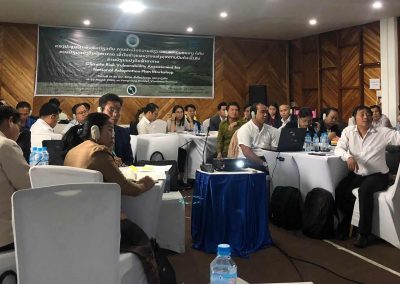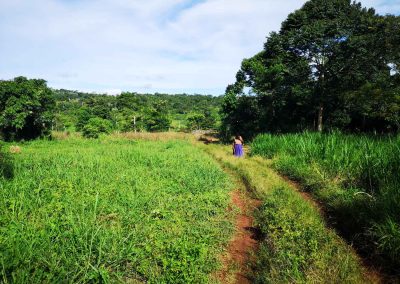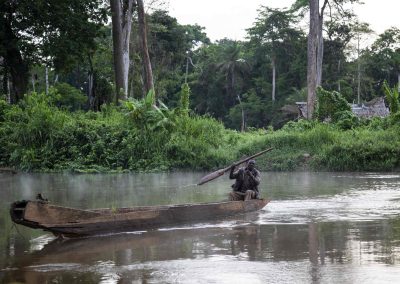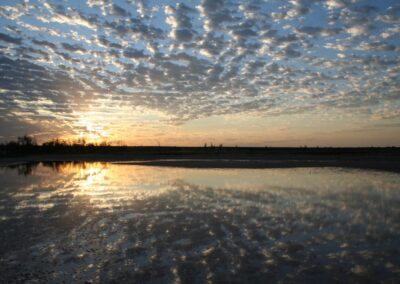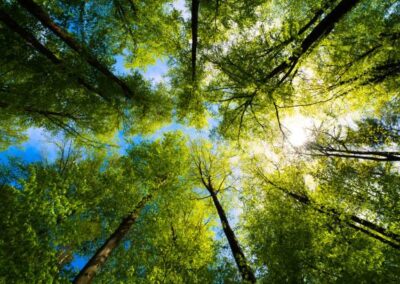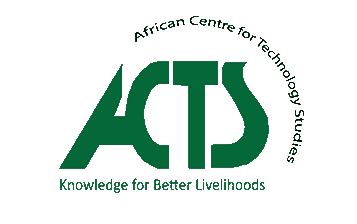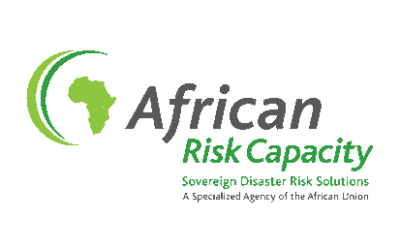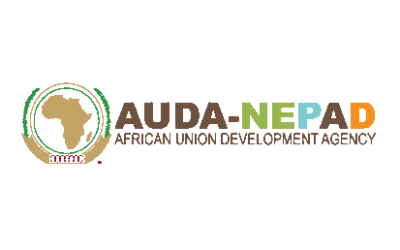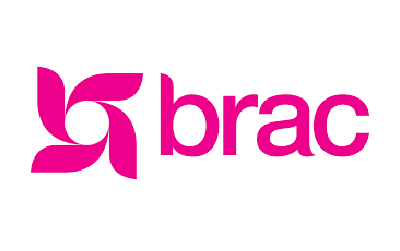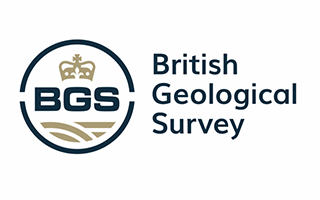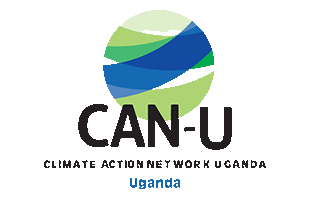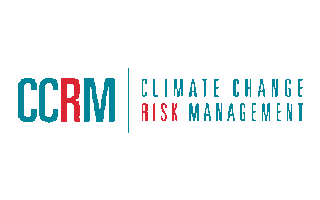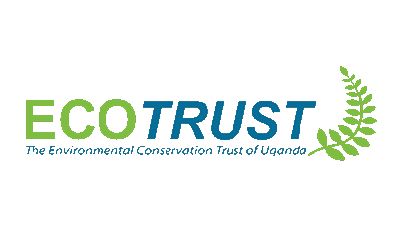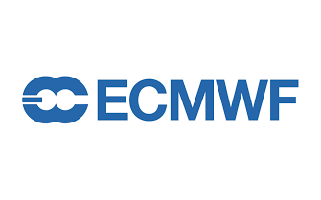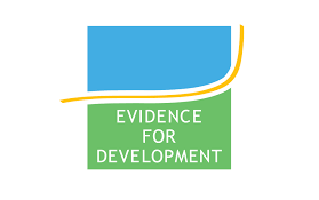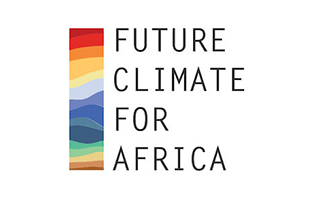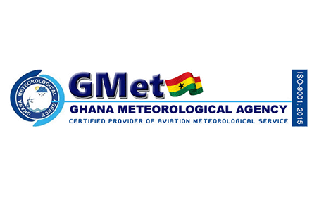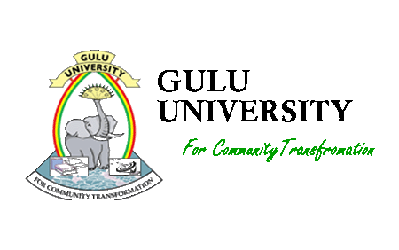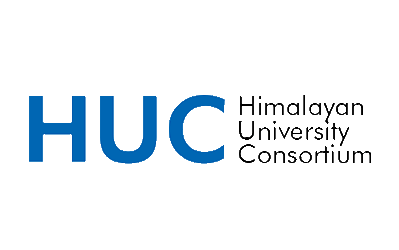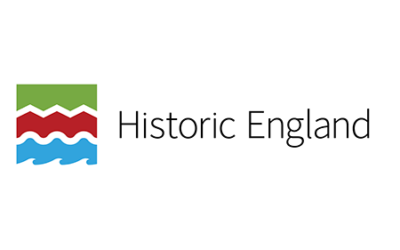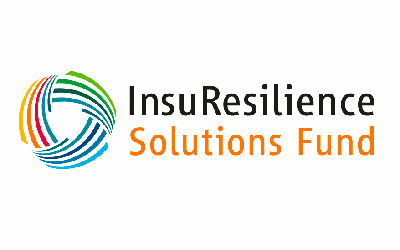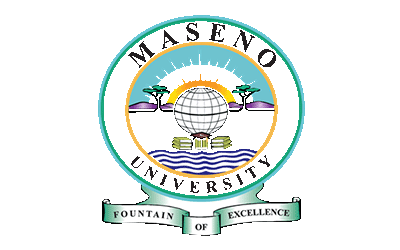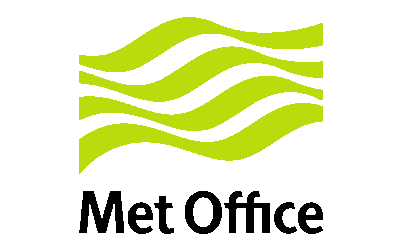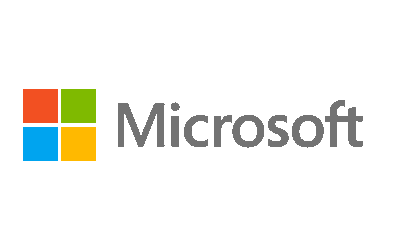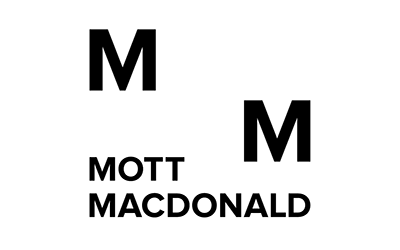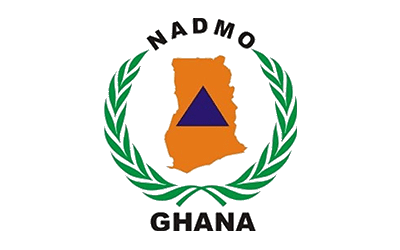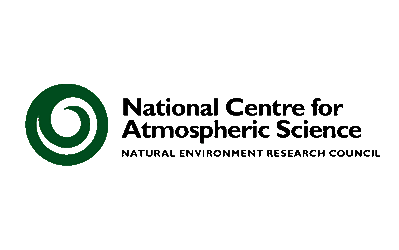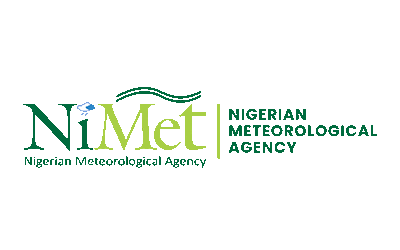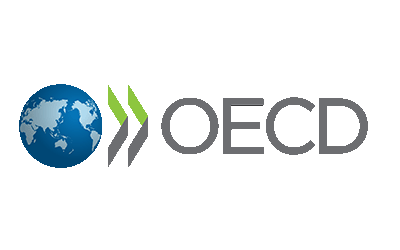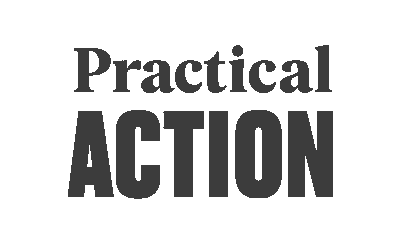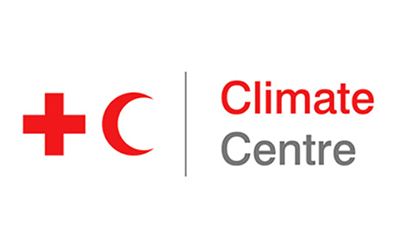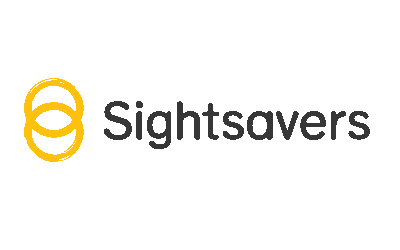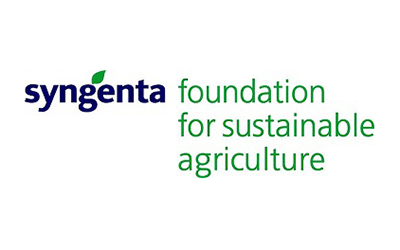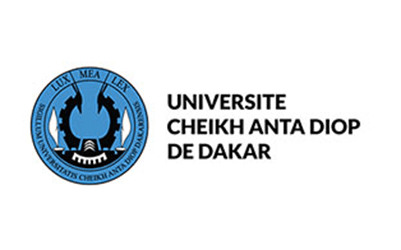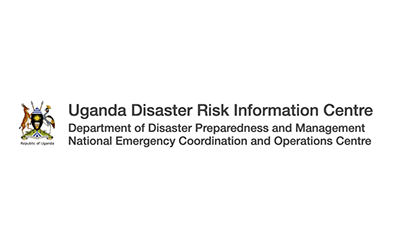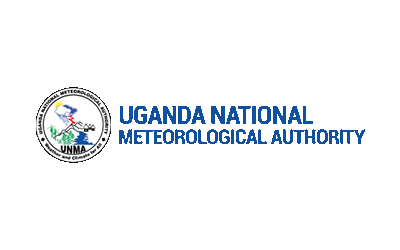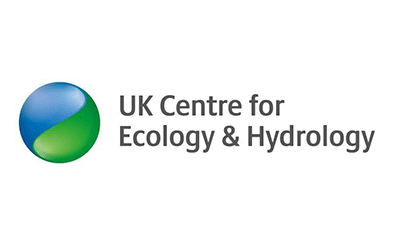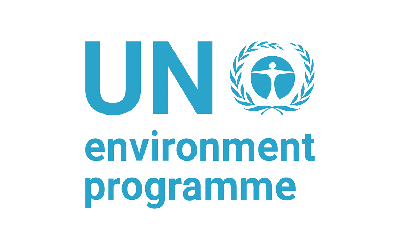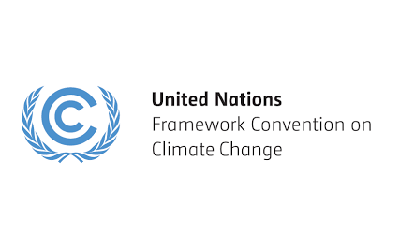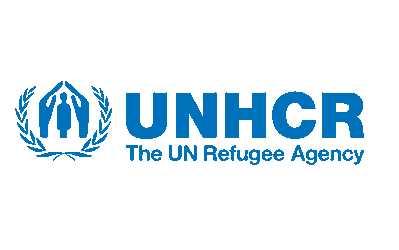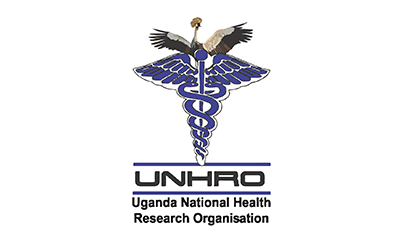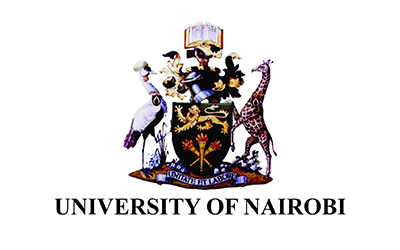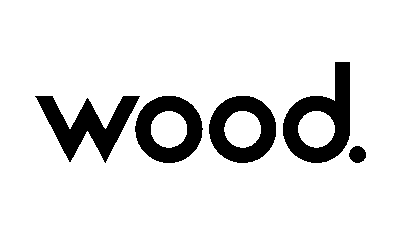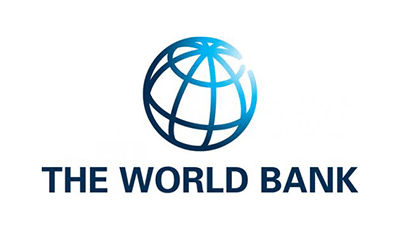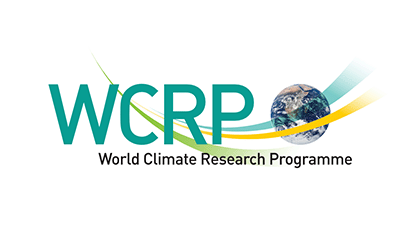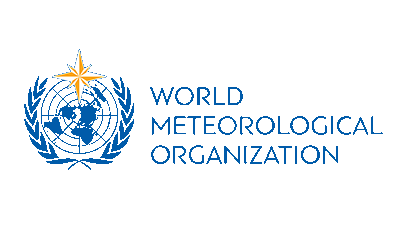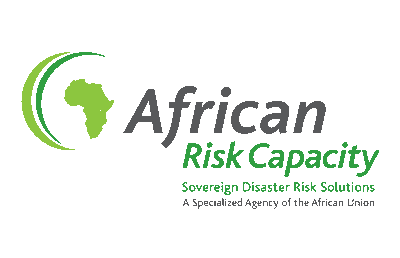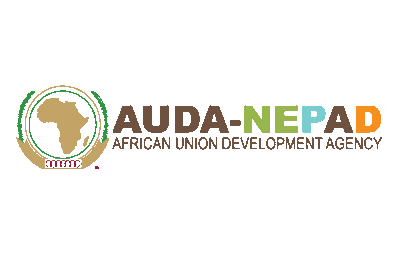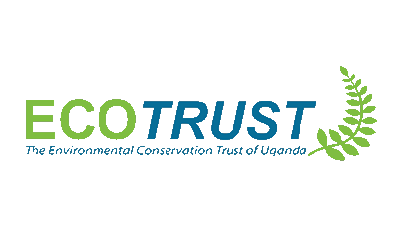WALKER INSTITUTE
Reducing climate and conflict-related risks to food and water security, livelihoods, health and ecosystems
OUR PURPOSE
The Walker Institute is the University of Reading’s Interdisciplinary Climate Research Institute, and one of eight ‘My Climate Risk’ Regional Hubs under the World Climate Research Programme.
We carry out global interdisciplinary research, innovation and capacity building to advance knowledge and deliver a better understanding of future climate, its impacts, and consequences on people’s lives.
Our vision is a world in which all people, organisations, meteorological agencies, and governments are better able to cope with the changing and often unpredictable demands of the climate and environment, turning challenges into opportunities.
Our focus is on Africa, Asia, and the Americas, but our knowledge, skills and approach are globally applicable.
World Climate Research Programme ‘My Climate Risk‘ regional hub
As one of eight Regional Hubs appointed under the recently established World Climate Research Programme (WCRP) ‘My Climate Risk’ Lighthouse Activity. Walker’s interdisciplinary research focus, supporting the development of climate resilient societies aligns closely with the WCRP’s ‘My Climate Risk’ Lighthouse Activity goals:
- Fundamental understanding of the climate system
- Prediction of the near-term evolution of the climate system
- Long-term response of the climate system
- Bridging climate science and society
Together with the Walker Institute and the other seven Regional Hubs across the world, the initiative aims to develop and mainstream a ‘bottom-up’ approach to regional climate risk, starting with the requirements of decision-makers.
Walker Institute - University of Reading
Climate Futures - Norwegian Research Centre (NORCE)
Himalayan University Consortium (ICIMOD)
Ateneo de Manila University
Australian Bureau of Meteorology
University of Cape Town
National Scientific and Technical Research Council
University of Manitoba
Recent Projects
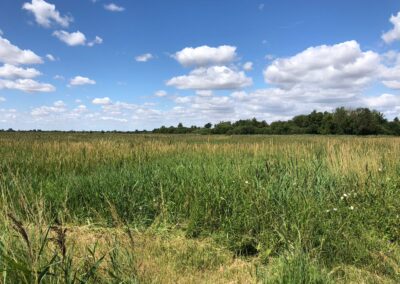
Climate Adaptation for Heritage
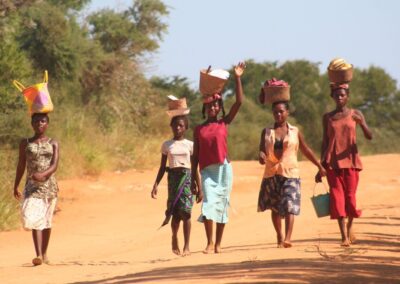
HYCRISTAL
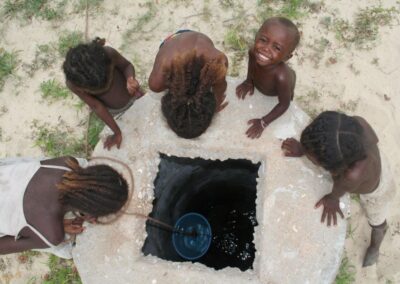
BRAVE
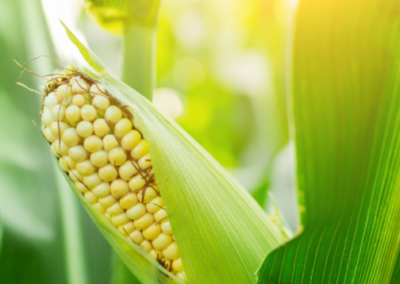
Risk Mitigation for Smallholder Farmers in Bangladesh
A Global Network of Collaborators
That’s why the Walker Institute has formed a global community of research partners that includes not only specialist scientific and developmental organisations, but also the very people whose livelihoods we are all working to help strengthen.

